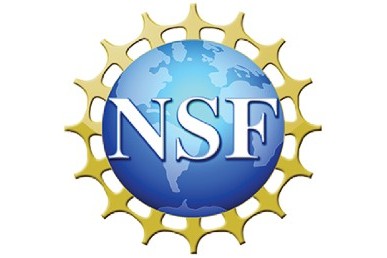Madagascar is one of the highest priority biodiversity hotspot in the world. Unfortunately, habitat loss, wildlife trafficking, unmanaged fisheries, and tourism disturbance, have led to unparalleled rates of wildlife decline and extinction. Nosy Be Island, off the northwest coast of mainland Madagascar, is a marine and terrestrial wildlife hotspot and tourist destination. However, the clearing of most of the Island’s forests for agriculture, and the unsustainable use of its coastal waters is threatening many of the unique and endangered wildlife that inhabits it.

The Project
In collaboration with Mikajy Natiora, the University of Antananarivo and other Malagasy partners, we are monitoring the status, and identifying the factors affecting the abundance and distribution of marine and terrestrial flagship species on Nosy Be Island. This long-term project uses an island approach and focuses on species considered as Endangered on the IUCN Red List of Threatened Species, including Humpback dolphins (Sousa plumbea), Hawksbill turtles (Eretmochelys imcricata), Nosy Be’s Sportive lemur (Lepilemur tymerlachsoni), Claire’s Mouse lemur (Microcebus mamiratra) and Black lemurs (Eulemur macaco). We investigate species abundance, feeding ecology, habitat use patterns and densities through direct observations and camera traps.

The Impact
This project will identify the factors affecting the abundance and distribution of several endangered terrestrial and marine species in NW Madagascar. This will provide critical information necessary to make conservation recommendations, and develop a sustainable wildlife management program on Nosy Be Island. It will also contribute to raising awareness about the importance of preserving these species, by educating both locals and tourists who come to observe Nosy Be wildlife in their natural habitat.

If you would like to participate in this program, visit our IRES Madagascar Program page.
